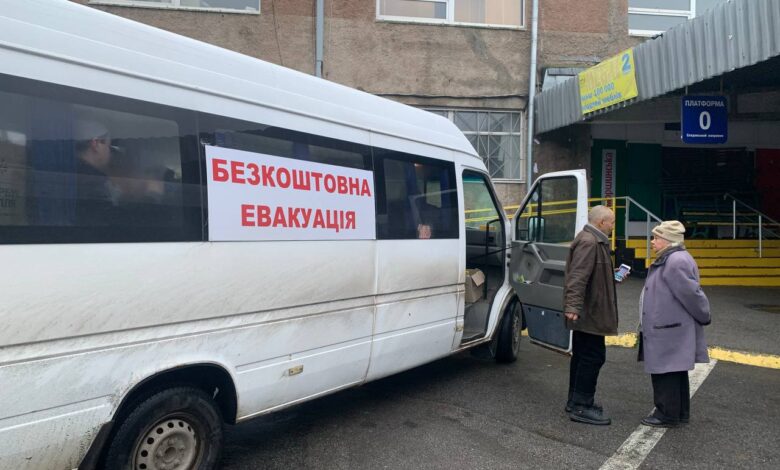Cry of the soul: how the evacuation in the Kherson region became a test for the Ukrainians themselves

Against the background of the protracted war in Ukraine, the issue of the return of Ukrainians to the occupied territories is becoming increasingly acute. Why, at the risk of their lives, do people decide to stay or even return to areas where there is no security, stability and state support? The answer lies in the imperfect system of evacuation and post-evacuation support. People who are in the zone of active hostilities have survived shelling, loss of homes and relatives, face bureaucratic indifference and lack of basic support after evacuation.
Shelling, lack of basic living conditions, lack of information about possible evacuation routes, as well as indifference or lack of understanding on the part of the organizers – all this is becoming a daily reality. The story of Kherson region resident Ksenia Celeberda vividly and painfully shows what Ukrainians face during evacuation. Her outrage is the voice of many who feel left to fend for themselves, an illustration of systemic problems that need to be addressed immediately.
Ksenia Celeberda, whose family remains in the Kherson region, told about her history, which she is extremely indignant about.
“And now a post of absolute malice. You yourselves know what kind of night it was in Kherson. All my relatives and acquaintances are alive. They are thinking about what to do next. And I think… In the morning, I watched a video of our leader Mr. Prokudin. At the end, he asked everyone to evacuate and dictated two I immediately dialed, and in response – silence… after half an hour, a call from a Kyiv number.”
She turned to the hotline announced by the Kherson Regional Military Administration (OVA). What she heard was a real disappointment for her:
“They are taken to Odessa, and then released with a clear conscience, but without monetary or any other help. No accommodation in hotels or shelters, not even temporary, to find a place to live, if there is money,” — written by Celeberda.
When she asked about possible support, she was directed to volunteers who are trying to help with placement. But it looks more like a forced initiative of citizens than an organized state aid.
“Life hack – if you ask uncomfortable questions, they will give you the “secret number” of volunteers. This is how it is – an evacuation in the Kherson style. And when I read all these posts about “get out!!!”, I want to ask the authors, did someone prepare that evacuation? Something made for people?”, — she notes.
The woman does not hide her indignation, comparing the situation with evacuations in other countries:
“I saw how it happened in Moldova, Romania, Germany. There, people were fed, clothed, housed in shelters, given free SIM cards, taken free by bus to places where you can get asylum. And what about us? And nothing!
I understand – the war eats up a lot of money. But… how many millions of hryvnias are thrown into bomb shelters, to which no one runs, because people do not know where they are. And even if they do know, who will run there, if there are several minutes between departure and arrival. And underground schools are being built for 800 million in a city where it’s scary to even go outside.
Well, let’s save ourselves as best we can, and save others if we can… Then only profanity, because I just don’t have anything else right now…
And I haven’t yet written about how I beat out material aid for the sick people of Kherson. Well, there will still be time and inspiration for that.”
This comparison shows a striking contrast between the organization of evacuation in the countries that accepted Ukrainians as refugees and what is offered to the citizens themselves inside the country.
It should be noted that at the time when the evacuees remain without housing and support, hundreds of sanatoriums, boarding houses, children’s camps and health centers throughout Odesa are empty. These institutions, which could become a life-saving shelter for people, are not used for their intended purpose.
In sanatoriums there is an opportunity to accommodate people for a long time, to provide them with basic living conditions – housing, food, medical care. Instead, they idle while evacuees are left to fend for themselves, often without a roof over their heads.
At the same time, in many European countries, such facilities became places where Ukrainians found temporary shelter. Ukraine could use this experience to create a system of assistance to evacuees based on the already existing infrastructure.




